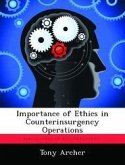The employment of unmanned aircraft systems (UASs) or "drones" by the United States to kill targeted members of al Qaeda and the Taliban has raised several issues regarding the legality of these operations. The law of armed conflict supports the operation of drones when conducted by combatants, i.e. members of the United States military. The legality of these drone operations when conducted by the CIA is controversial primarily because of the noncombatant status of the CIA operatives. In both instances, however, drone warfare satisfies the principles of discrimination and proportionality of the just war doctrine. While many in the international law community insist the CIA stop operating drones, the author takes the pragmatic position that it is unrealistic to expect the CIA to cease these operations due to their success and the lack of a reasonable alternative in sensitive locations. She argues that most important to the international law community should be transparency and accountability of this weapon's target selection and verification process rather than the distinction of its off-the-battlefield operators. Therefore, the author argues it is time to recognize a paramilitary or quasi-combatant status for CIA operatives engaging in direct hostilities authorized by the President of the United States, as opposed to insurgents who operate under no legitimate authority. This work has been selected by scholars as being culturally important, and is part of the knowledge base of civilization as we know it. This work was reproduced from the original artifact, and remains as true to the original work as possible. Therefore, you will see the original copyright references, library stamps (as most of these works have been housed in our most important libraries around the world), and other notations in the work. This work is in the public domain in the United States of America, and possibly other nations. Within the United States, you may freely copy and distribute this work, as no entity (individual or corporate) has a copyright on the body of the work. As a reproduction of a historical artifact, this work may contain missing or blurred pages, poor pictures, errant marks, etc. Scholars believe, and we concur, that this work is important enough to be preserved, reproduced, and made generally available to the public. We appreciate your support of the preservation process, and thank you for being an important part of keeping this knowledge alive and relevant.
Bitte wählen Sie Ihr Anliegen aus.
Rechnungen
Retourenschein anfordern
Bestellstatus
Storno

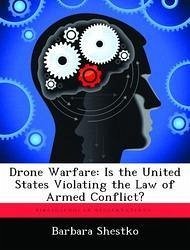

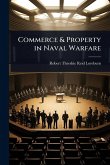
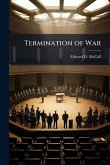
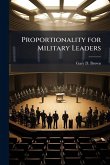
![The law of Naval Warfare [electronic Resource] The law of Naval Warfare [electronic Resource]](https://bilder.buecher.de/produkte/74/74533/74533238m.jpg)
